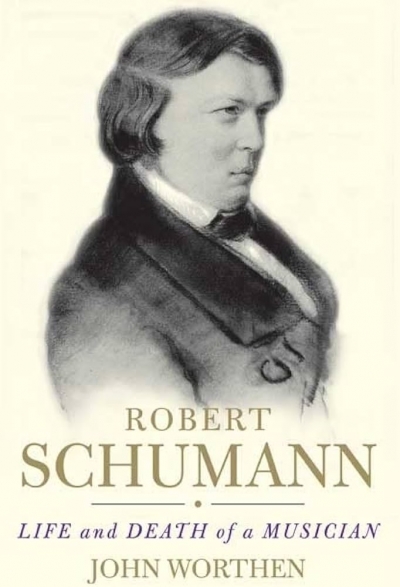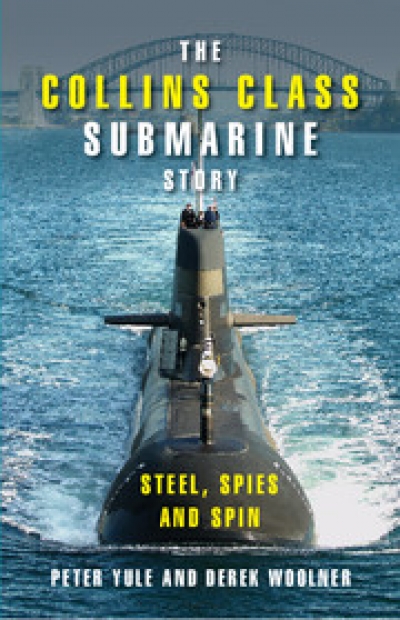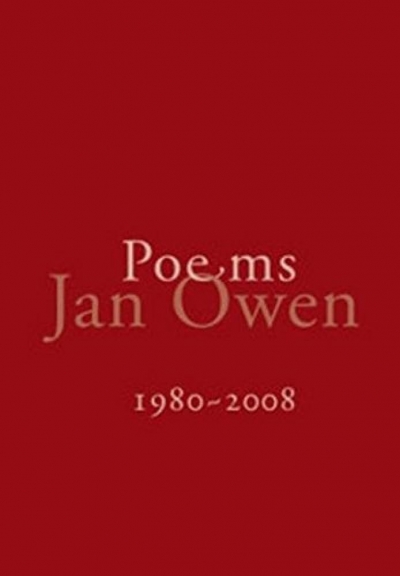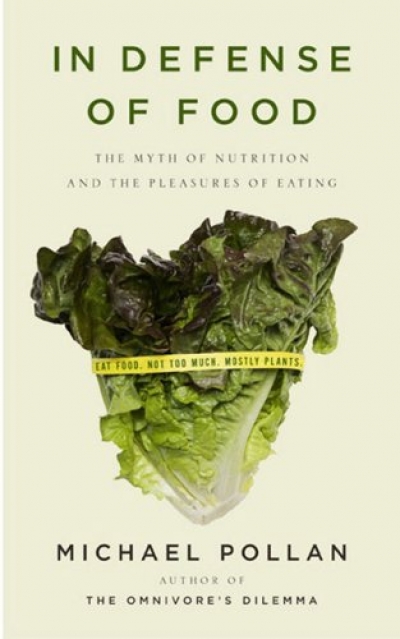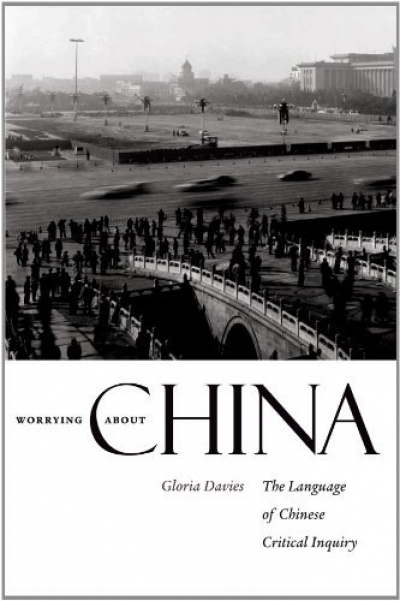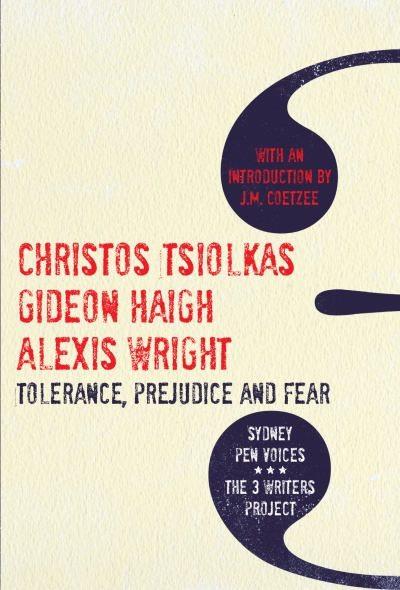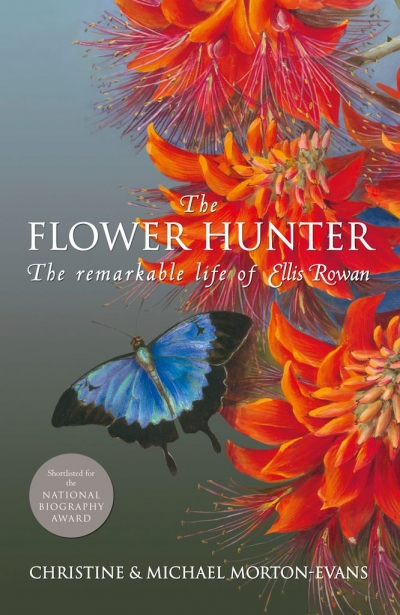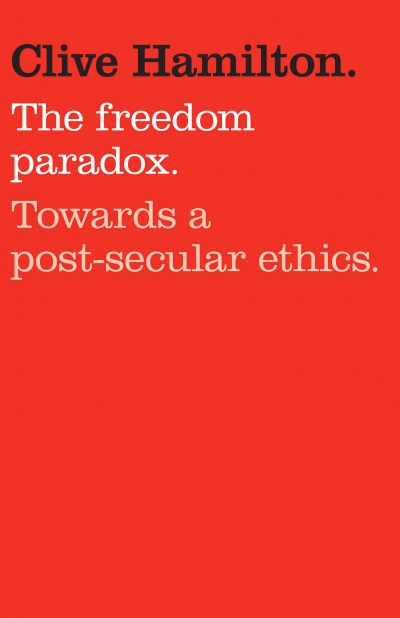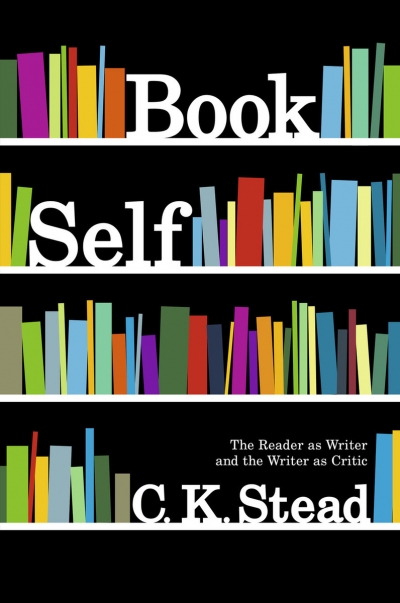Archive
Robert Schumann: Life and death of a musician by John Worthen
by Roger Covell •
The Collins Class Submarine Story: Steel, spies and spin by Peter Yule and Derek Woolner
by Tom Frame •
In Defence of Food: The myth of nutrition and the pleasures of eating by Michael Pollan
by Patrick Allington •
Worrying About China: The language of Chinese critical inquiry by Gloria Davies
by Francesca Beddie •
Tolerance, Prejudice and Fear by Christos Tsiolkas, Gideon Haigh and Alexis Wright
by Jay Daniel Thompson •
The Flower Hunter: The remarkable life of Ellis Rowan by Christine and Michael Morton-Evans
by Heidi Maier •
I was always going to be a novelist. At the age of six, I wrote fiction about a Willie Wagtail, whose best friend was an ant (even then I had a good grasp on relationships). Several years later I had moved on to human protagonists, mainly young girls living at boarding school and excelling at ballet. I had no experience of either, but I had my dreams. As an adolescent I wrote stories about homelessness and drug addiction, once again from vicarious experience. Then I went to university to do a literature degree and realised that great Australian novelists were serious, learned and (then) mostly male. I still wanted to write my novel, but I decided to live a bit first.
... (read more)The Freedom Paradox: Towards a post-secular ethics by Clive Hamilton
by Geoff Gallop •

